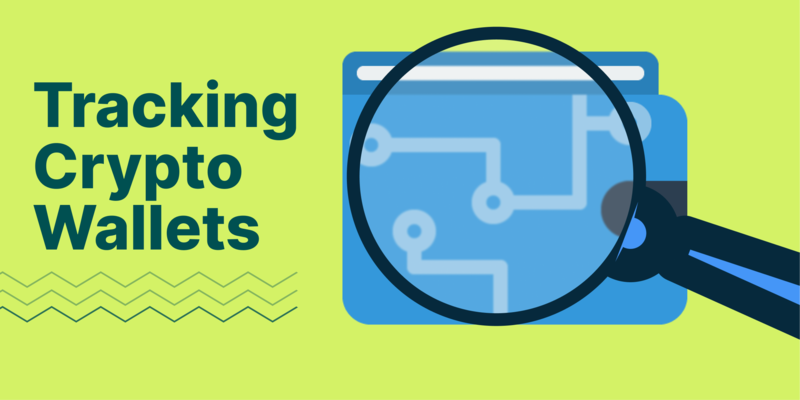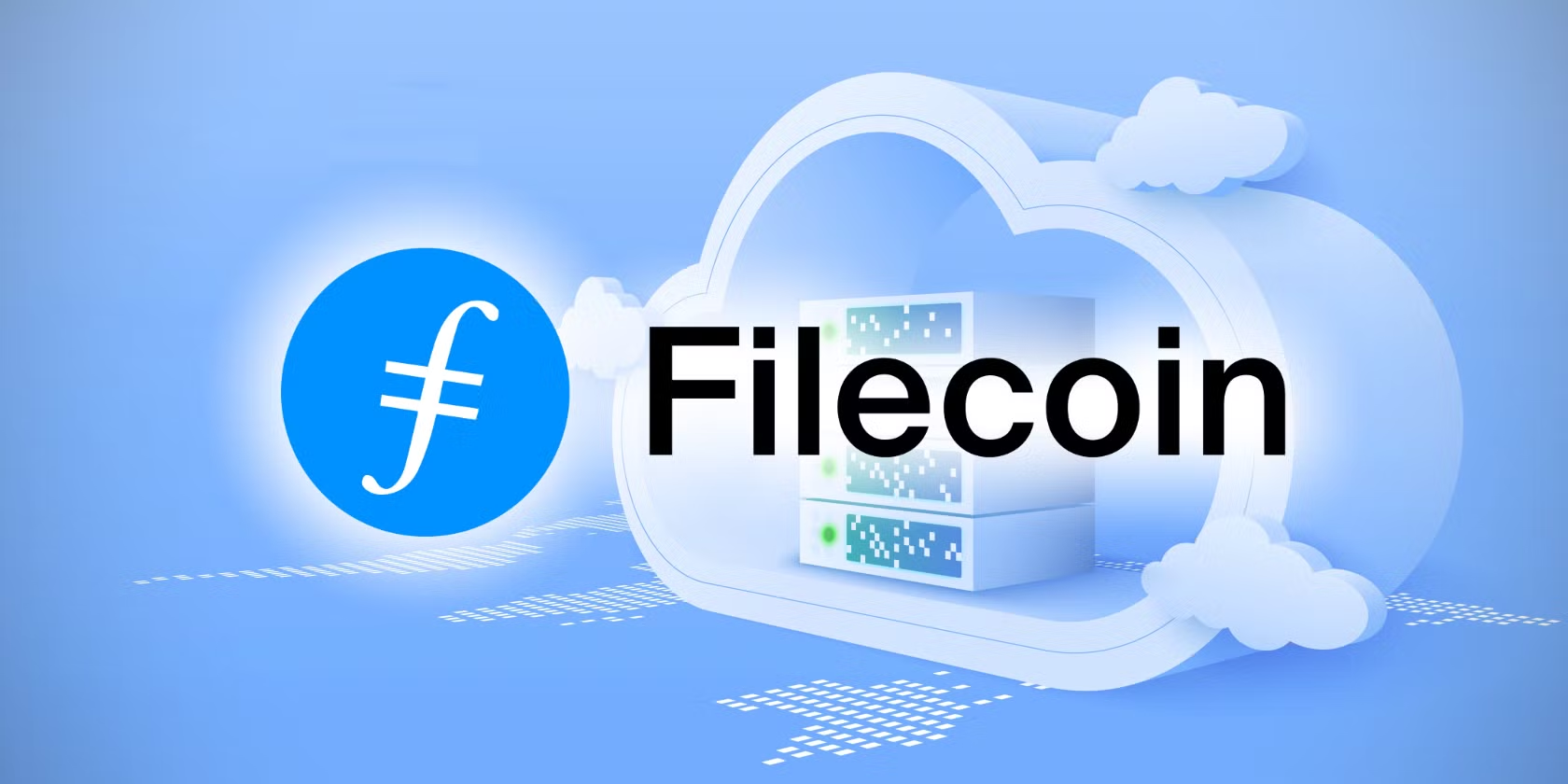Internet Computer (ICP): Reimagining the Internet with Blockchain
The Internet Computer (ICP) is one of the most innovative and misunderstood projects in the blockchain ecosystem. Developed by the DFINITY Foundation, it aims to extend the functionality of the public internet so that it can host backend software, smart contracts, websites, and data — all on a decentralized, blockchain-based platform.
While most blockchains focus on financial applications, ICP’s ambition is bigger: it wants to rebuild the internet and replace traditional IT infrastructure like centralized cloud services (e.g., AWS, Google Cloud). This article dives into the origins, architecture, core components, advantages, and criticisms of Internet Computer.
🔍 What Is the Internet Computer?
The Internet Computer is a Layer 1 blockchain that allows developers to deploy secure, autonomous, and tamper-proof applications and services directly on the internet without relying on centralized servers. It provides:
- Smart contract functionality
- Scalable cloud computing
- Data storage on-chain
- High throughput and low latency
Instead of just processing financial transactions like Ethereum, ICP hosts entire web applications — front-end and back-end — on the blockchain.
🧠 Who Created ICP?
The DFINITY Foundation, a non-profit organization based in Zurich, Switzerland, developed ICP. It was founded by Dominic Williams and a team of researchers and engineers from top institutions like MIT, Stanford, and Google.
ICP launched its mainnet on May 10, 2021 after years of research and raised over $120 million from top investors like Andreessen Horowitz, Polychain Capital, and others.
🏗️ How Does Internet Computer Work?
The Internet Computer uses several novel technologies and architectural decisions:
1. Canisters
- These are smart contracts on ICP.
- Unlike Ethereum’s gas-limited smart contracts, canisters can store large data and execute complex logic.
- Each canister is a WebAssembly (WASM) module with state and code.
2. Motoko Language
- A programming language created specifically for ICP.
- Designed to be secure, type-safe, and optimized for canister development.
- Developers can also use Rust, C, or other languages that compile to WASM.
3. Chain Key Cryptography
- ICP doesn’t rely on traditional consensus mechanisms like PoW or PoS.
- It uses a novel cryptographic protocol that enables fast finality and transaction verification with a single public key representing the entire network.
4. Network Nervous System (NNS)
- A decentralized governance system.
- It manages upgrades, node additions, and token economics.
- ICP holders can stake their tokens in “neurons” to vote on proposals.
5. Subnet and Node Architecture
- Nodes are grouped into subnets, each hosting a part of the Internet Computer.
- Each subnet is controlled by a group of independent data centers.
- The network is horizontally scalable by adding more subnets.
⚙️ Key Features
✅ 1. Web-Speed Performance
ICP offers transaction finality in 1–2 seconds and supports thousands of queries per second with minimal latency.
✅ 2. On-Chain Storage
Applications can store files, videos, and entire websites directly on-chain — no need for IPFS or off-chain storage.
✅ 3. Reverse Gas Model
Users do not pay transaction fees; developers fund applications via cycles, a computation-based utility token.
✅ 4. Autonomous Software
Canisters can run indefinitely, upgrade themselves, and maintain state persistently — ideal for DAOs, games, and open internet services.
✅ 5. Internet Identity
A privacy-focused authentication system that uses WebAuthn (biometrics or hardware keys) to log in, instead of passwords.
💰 The ICP Token
Token Utility:
- Governance: Vote in the NNS
- Cycle Conversion: Convert ICP into cycles to power canisters
- Incentives: Rewards for node providers and stakers
Tokenomics:
- Initial supply: 469 million ICP
- Inflationary with staking rewards
- Supply adjusts based on governance proposals
🧑💻 Use Cases of Internet Computer
- Decentralized Social Media
- OpenChat, DSCVR, and Distrikt are examples of social networks running entirely on ICP.
- Web3 Gaming
- Games that run backend logic and store assets on-chain.
- DeFi
- Decentralized finance apps like InfinitySwap are exploring full-stack dApps on ICP.
- Enterprise Applications
- Use cases in healthcare, education, and document storage with compliance and scalability.
- NFTs and Digital Assets
- Entire NFTs (image + metadata) are stored on-chain, unlike Ethereum which often uses IPFS links.
📊 How ICP Differs from Other Blockchains
| Feature | Internet Computer (ICP) | Ethereum | Solana |
|---|---|---|---|
| Storage | On-chain website/data | Off-chain (IPFS) | Limited |
| Speed | ~1 sec finality | 15–60 sec | 1–2 sec |
| Governance | On-chain via NNS | Limited (off-chain) | Validator-controlled |
| User Experience | No gas for users | Users pay gas | Users pay gas |
| Identity | Biometric login (WebAuthn) | Wallet-based | Wallet-based |
🧩 Challenges and Criticisms
Despite its innovation, ICP has faced scrutiny:
🔻 1. Token Dump at Launch
ICP launched at over $700 in May 2021 and dropped rapidly. Critics accused insiders of dumping tokens while retail investors bought in.
🔻 2. Complexity
Its architecture is advanced but difficult to understand for new developers. The ecosystem still lacks the maturity of Ethereum or Solana.
🔻 3. Centralization Concerns
Though designed as decentralized, some critics say DFINITY has too much control, especially in early governance.
🔻 4. Limited Adoption
Despite powerful tools, real-world traction and developer activity are still growing slowly compared to Ethereum or BNB Chain.
🚀 The Future of ICP
The DFINITY Foundation continues to push the boundaries with new upgrades such as:
- HTTP outcalls for canisters to call external APIs
- Chain fusion to integrate other blockchains like Bitcoin and Ethereum natively
- AI canisters to explore the intersection of AI and blockchain
If successful, ICP could redefine how we use the internet — moving from centralized, siloed systems to an open, blockchain-powered infrastructure.
🧠 Conclusion
The Internet Computer (ICP) is more than just another blockchain — it’s a revolutionary rethinking of the internet’s architecture. It aims to move us from a world where apps depend on centralized cloud providers to a decentralized, permissionless future.
Although it still faces hurdles in adoption and perception, its technical potential is immense. For developers and visionaries who believe in a decentralized internet beyond finance, ICP is a platform to watch closely.




